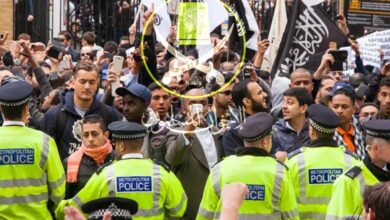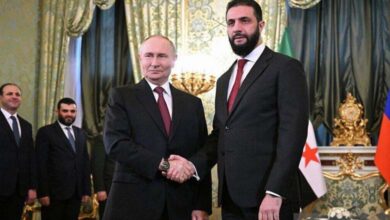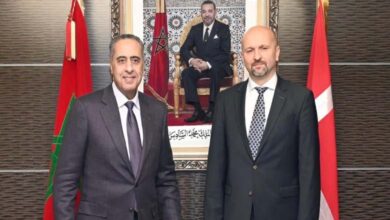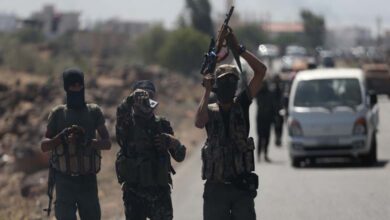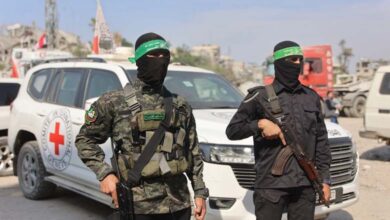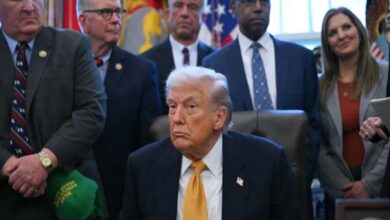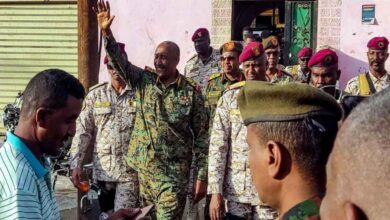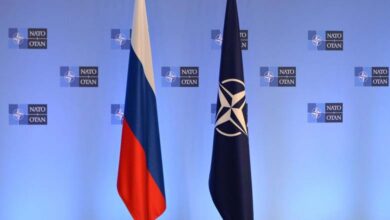Al-Burhan distances himself from meeting Karti for fear of american anger
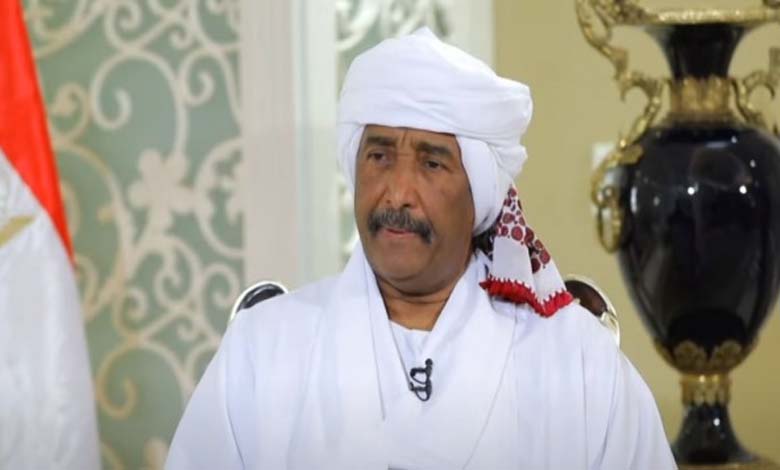
The Sovereignty Council wants to create distance between itself and Islamic movement leaders after Washington imposed sanctions on Ali Karti. This has reinforced statements by Dagalo regarding the involvement of extremists in the war alongside the armed forces.
Sudan’s army leader, Abdel Fattah al-Burhan, is trying to create distance between himself and Islamic groups and the dissolved Congress Party, following accusations that the Sudanese army is aligning with remnants of the al-Bashir regime to thwart international and regional efforts to stop the war and establish civilian rule. This involves sidelining the people’s aspirations for genuine democracy by fueling conflict.
With reports circulating in the media about al-Burhan holding a meeting with Islamic leadership, including the Secretary-General of the Islamic Movement, Ali Khatib, in Port Sudan in the east of the country, the Sovereignty Council rushed to deny these reports due to their potential repercussions, especially concerning American reactions.
On Thursday, Washington imposed sanctions on Karti, accusing him of exacerbating instability in Sudan. This is a new indicator that Islamic factions, remnants of the al-Bashir regime, are indeed involved in the conflict alongside the military, confirming what Rapid Support Forces leader Mohamed Hamdan Dagalo, also known as Hemeti, had mentioned about the alliance between the armed forces and Islamic currents to prevent a civilian government.
The U.S. sanctions targeted two companies specialized in information technology and security based in Sudan, managed by influential members of the security forces, accusing them of engaging in activities that “threaten Sudan’s stability.” This has given credibility and legitimacy to the allegations made by Dagalo regarding the involvement of Islamists in the Sudanese war alongside the army.
The “Sudan Tribune” website published information from sources it described as confidential, indicating that “Islamic Movement leaders, headed by Secretary-General Ali Karti, held an extended meeting with al-Burhan in Port Sudan. They discussed options for dealing with the war between the army and the Rapid Support Forces.”
The Sovereignty Council issued strong warnings to the newspaper after revealing this information, which will likely lead to its condemnation for exposing its alliances, saying, “If the website continues to spread rumors and lies about the activities and programs of the Council’s president, it will require legal accountability according to the Information Crimes and False Publication Law.”
Dagalo revealed in a speech addressed to the United Nations General Assembly last week the relationship between the Sovereignty Council and extremist Islamists and the remnants of the previous regime and the defunct Popular Congress Party. He mentioned that the leaders of the army have ties to extremist Islamists, including leaders of ISIS. He said, “Elements of the ‘ISIS’ organization, including its leader, whom we arrested, Mohammed Ali al-Jazouli, allied with the armed forces and are now threatening stability and security in Africa.”
The Islamic Movement tried to respond to the American sanctions by talking about fabricated national victories, but it has put itself in a predicament. Its rhetoric is now in line with that of jihadist groups, which will undoubtedly embarrass al-Burhan, especially as he seeks Western support.
Karti served as the Minister of Foreign Affairs in President Omar al-Bashir’s government from June 16, 2010, to June 7, 2015, but he managed to escape from Kober Prison and deliver notorious inciting speeches that contributed to fueling armed conflict.
Leaders of the Islamic Movement who managed to escape alongside Karti settled in eastern Sudan to incite and mobilize citizens to defend the armed forces and excommunicate their opponents.


